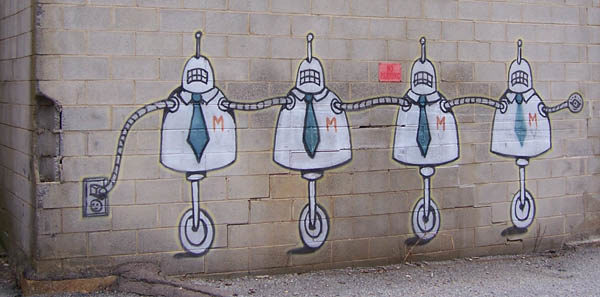“Should the government get involved?”
It’s a question that’s been floating around ever since Canadian journalism decided to spiral down into a black hole of unemployment and goodbye columns. The argument: the loss of print media will create a void where important stories will go, along with the very basis of democracy—accessible information and accountability. And while the Paul Godfreys of the industry don’t seem to care, government and journalism have always been implicitly tied together in an “it’s complicated” relationship—they need us to inform voters; we need them to make news.
The government should get involved, say many, or at least start an investigation to inquire into the ethical nature of this black hole. “The crisis in journalism is too important to be left to a laissez-faire approach,” says Lawrence Martin in a column for The Globe and Mail. “What good is a new voting system if the voters don’t have the information on which to make an informed decision?”
Yet, at the same time, “the Internet has blown away whatever feeble ideological reeds underpinned the leftist view of corporate control of newspapers as contraptions of power,” writes Terence Corcoran in a column for the National Post. To all the calls for government subsidies, Corcoran writes,”No thanks.”
Both sides of the argument are much too dramatic—cries of panic in moments of despair that have yet to end. First, there is no proof that government subsides can help a dying print news industry. Second, journalists are watchdogs, not lapdogs. Third, while the massive job cuts in newsrooms are nightmare-inducing, entrepreneurial spirit is alive and well, as can be seen in the work done by Buzzfeed Canada, Vice Canada and their friends south of the border. Lastly, when news has branched out to multiple formats and mediums, subsidies would only be hindering innovation and progress in an industry begging for it.
I’m not suggesting that the option for government subsidy be taken off the table completely. It’s just that there is an opportunity here for change—change that no one is considering. The industry is looking outward at a moment when it should be looking inward. What should be a light bulb for innovation is instead a dying fire signalling help from the government.
About the author
Fatima Syed is the blog editor of the spring 2016 issue of the Ryerson Review of Journalism.

